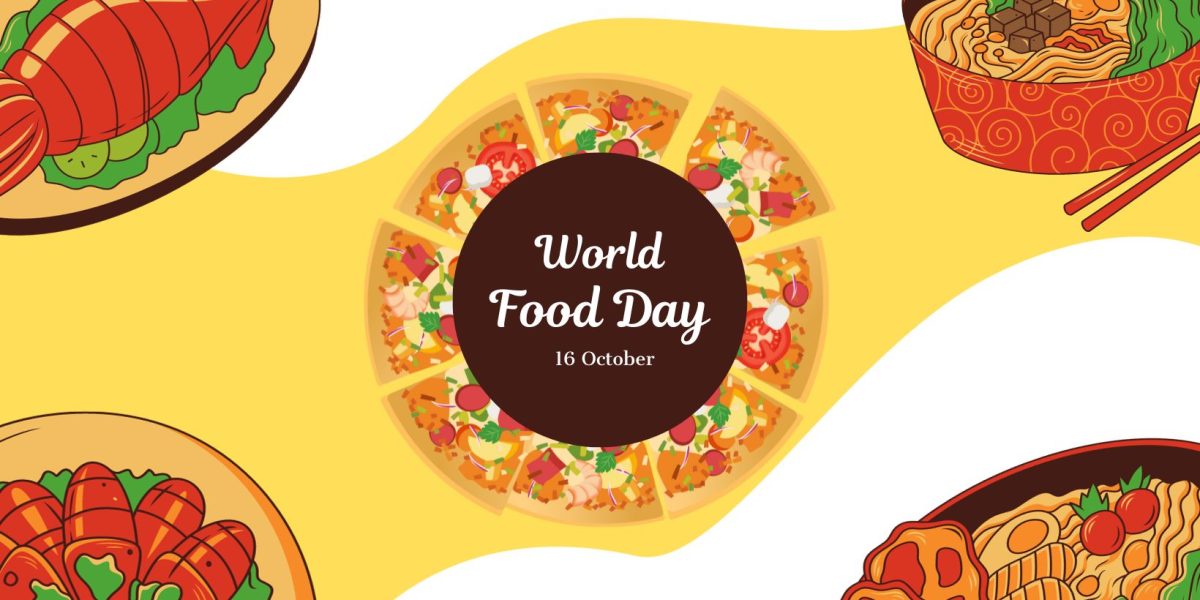Nourishing the World
Every year on October 16th, people from around the globe come together to celebrate World Food Day. This annual event serves as a reminder of the critical importance of food in our lives and the need to address pressing global issues related to hunger, malnutrition, and food security. In this blog, we’ll explore the significance of World Food Day and why it matters more than ever in today’s world.
The Importance of World Food Day
World Food Day, established by the United Nations in 1981, commemorates the founding of the Food and Agriculture Organization (FAO) on October 16, 1945. Its primary purpose is to raise awareness about food-related issues and promote actions to alleviate hunger, improve nutrition, and ensure food security worldwide.
- Hunger and Malnutrition: Despite significant progress in reducing global hunger over the past few decades, millions of people still suffer from chronic food shortages. Malnutrition remains a pressing concern, affecting not only physical health but also hindering cognitive development and economic productivity. World Food Day draws attention to the urgent need to eliminate hunger and malnutrition.
- Sustainable Agriculture: As the world’s population continues to grow, so does the demand for food. Sustainable agriculture practices are crucial to ensure that we can feed the planet without depleting natural resources or harming the environment. World Food Day promotes sustainable farming methods and emphasizes the importance of responsible food production.
- Food Waste: It is estimated that approximately one-third of all food produced globally is wasted. This wastage occurs at various stages of the food supply chain, from production to consumption. World Food Day encourages individuals, businesses, and governments to take action to reduce food waste and ensure that food reaches those who need it most.
- Food Security: Food security is the foundation of healthy and stable societies. It means that all people, at all times, have access to sufficient, safe, and nutritious food to meet their dietary needs. World Food Day advocates for policies and initiatives that enhance food security and help communities become more resilient in the face of food-related challenges.
- Climate Change and Agriculture: Climate change poses a significant threat to global food security. Extreme weather events, changing rainfall patterns, and rising temperatures can disrupt agricultural production and lead to food shortages. World Food Day highlights the need to address climate change and its impact on food systems.
Taking Action on World Food Day
World Food Day is not just about awareness; it’s a call to action. Here are some ways individuals and communities can get involved and make a positive impact:
- Donate to Food Banks: Support local food banks and organizations that provide food assistance to those in need. Your contributions can make a significant difference in the lives of vulnerable individuals and families.
- Reduce Food Waste: Be mindful of your food consumption and try to reduce food waste at home. Plan your meals, store food properly, and compost food scraps whenever possible.
- Support Sustainable Agriculture: Choose products from sustainable and local sources whenever you can. By supporting farmers and producers who prioritize sustainability, you contribute to a more resilient and environmentally friendly food system.
- Advocate for Change: Get involved in advocacy efforts to influence government policies related to food security and sustainability. Your voice can make a difference in shaping a better future for food.
Conclusion
World Food Day serves as a poignant reminder of the importance of food in our lives and the global challenges we face in ensuring everyone has access to nutritious and sufficient food. By raising awareness, taking action, and supporting initiatives that address hunger, malnutrition, and food security, we can move closer to a world where no one goes to bed hungry. This World Food Day, let’s commit to nourishing our planet and its people for a brighter and more sustainable future.



